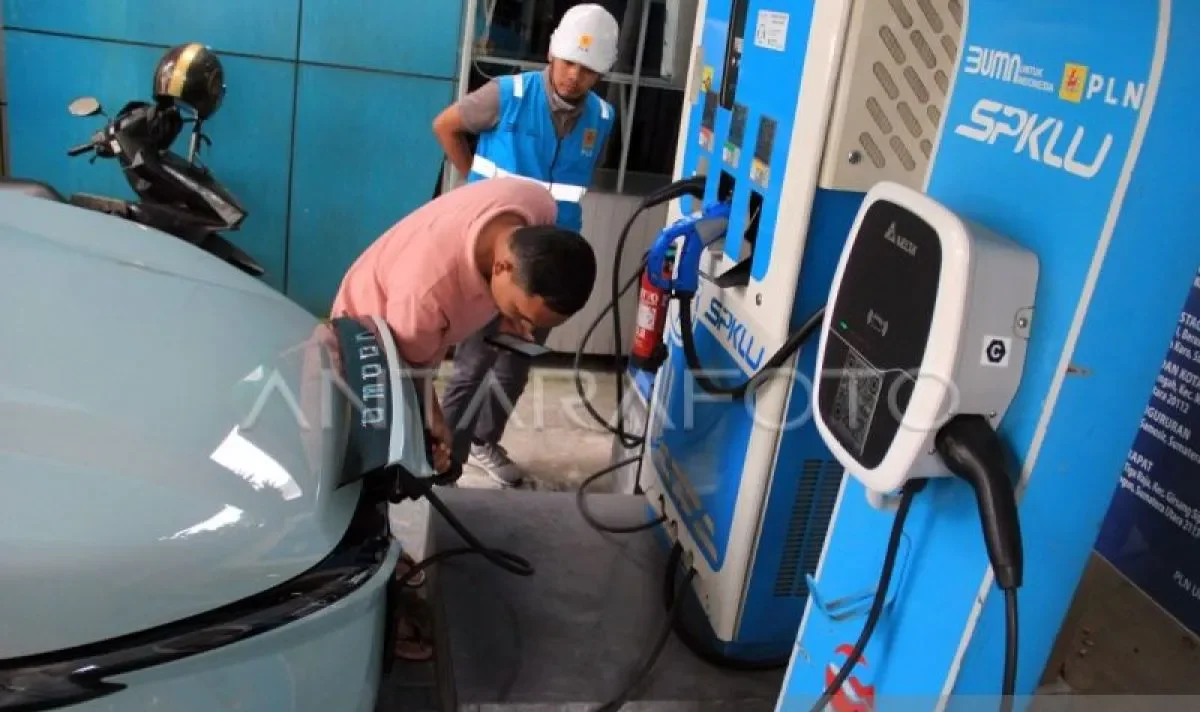Jakarta ( WNAM MONITORING): Indonesia’s Coordinating Ministry for Maritime Affairs and Investment aims to put 15 million electric vehicles (EVs)—13 million two-wheeled (E2W) and 2 million four-wheeled (E4W) vehicles—on the road by 2030.
“To promote electric vehicles in Indonesia, we need to make them available, affordable, reliable, and ensure good infrastructure,” said Rachmat Kaimuddin, the ministry’s deputy for transportation and infrastructure, in a statement on Wednesday.
He emphasized that the EV transition in Indonesia presents a strategic opportunity for national economic growth and energy security.
Steps taken toward the EV transition will help improve air quality, reduce carbon emissions, and generate economic benefits for the people.
To accelerate the development of the EV ecosystem in the country, the ministry is collaborating with the Electric Mobility Ecosystem Association (AEML) and the Rocky Mountain Institute (RMI).
The government has also partnered with the Enhancing Readiness for the Transition to Electric Vehicles (ENTREV) Implementing Organization and the Indonesia Environment Fund (IEF).
These stakeholders are working to find solutions to key barriers in EV ecosystem development in Indonesia, particularly those related to policy, financing, vehicle charging infrastructure, and corporate-consumer engagement.
AEML Vice Chair Patrick Adhiatmadja stated that the transition to electric mobility requires cooperation from all stakeholders, including the government, private sector, development partners, and the community.
The transition is crucial for reducing carbon emissions and promoting clean mobility, contributing to a more sustainable future for all, he added.
He said that AEML is committed to supporting multi-stakeholder collaboration to help the public understand the benefits of EVs and encourage their widespread adoption across Indonesia.


